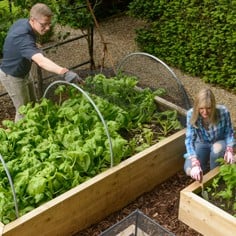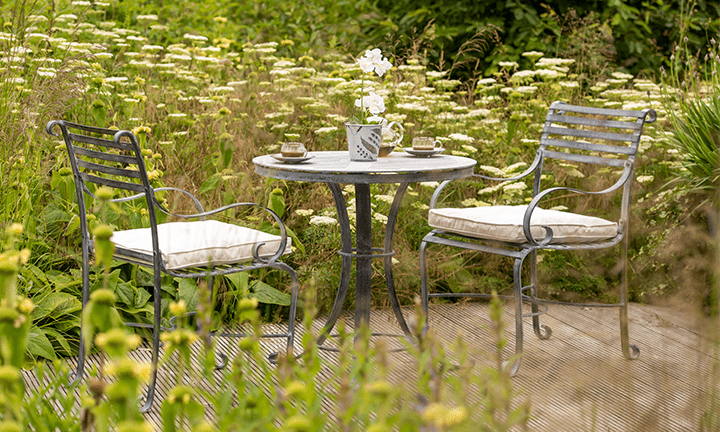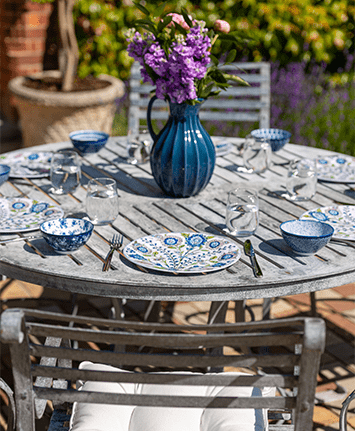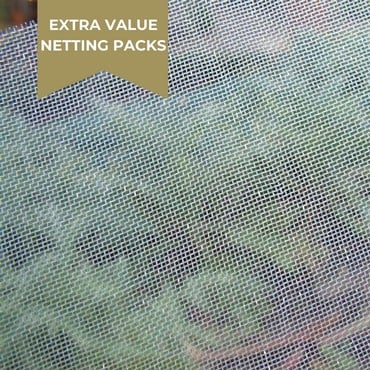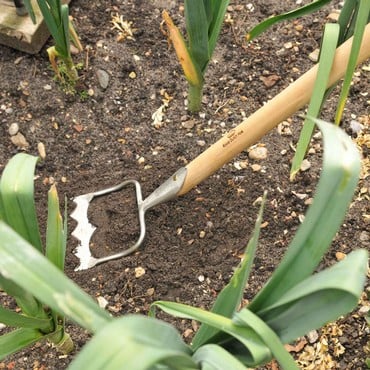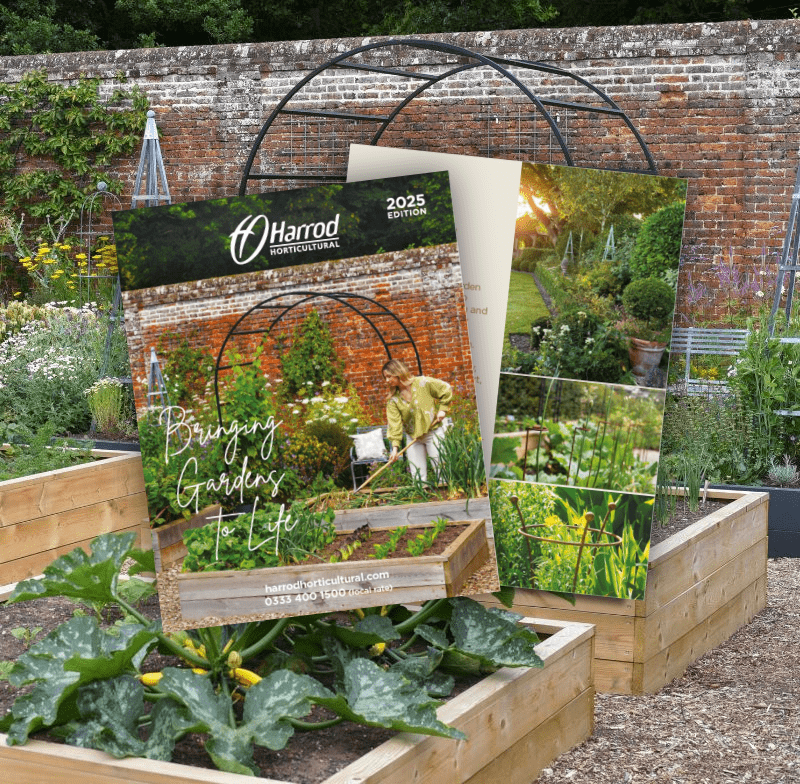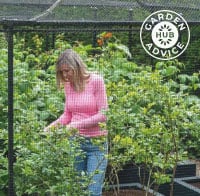Turnip
EASE OF GROWING: (Scale 1-5): 1
HOW TIME CONSUMING:
Turnips are very easy to grow and need little time and attention.
RECOMMENDED VARIETIES:
Oasis AGM
Tokyo Cross AGM
Golden Ball
HOME GROWN VS SUPERMARKET:
Tender and delicious when grown at home, and early out-of-season crops can be enjoyed when they are hard to find in the supermarket.
BEST SITES AND SOILS:
Turnips enjoy a sunny spot in soil that has been improved by the addition of compost. Turnips are a member of the brassica family, which means that clubroot can be a potential problem, particularly on acidic soil. To prevent this, add lime to acidic soil before planting. If you are uncertain of the PH of your soil, it is a good idea to undertake a soil test before planting.
WHEN TO SOW:
Early sowings under cover can be made in March. Direct sow outside from April to August. Turnips do not transplant well so direct sowing is preferable.
Turnips mature within 6 to 10 weeks of sowing. It’s a good idea to sow every 4-6 weeks to provide a regular harvest.
DISTANCE BETWEEN PLANTS:
Thin seedlings to 2 inches apart and then pull every other root at baby vegetable size, leaving the remaining plants to mature further.
WHEN TO HARVEST:
Turnip roots are ready to eat when they are the size of a golf ball. Do not allow them to become larger than a tennis ball, as they will become woody. Turnip leaves (tops) can also be used as salad leaves.
FURTHER INFORMATION:
Water the plants regularly in dry weather to avoid them being checked at any stage. If the plant is checked, it may cause the root to split. Keep turnips weed free with regular hoeing to avoid competition for water and nutrients.
PROBLEMS TO LOOK OUT FOR:
Cabbage root fly and Flea beetle can both cause damage to Turnip plants. Cabbage root fly will cause stunted growth and Flea Beetle can leave small holes all over the foliage rendering it useless as a salad leaf. Both Cabbage Root Fly and Flea Beetle can be avoided by covering the crop with horticultural fleece or insect mesh. These will also protect the seedlings from hungry pigeons, which are a particular problem in the Harrod Kitchen Garden!
Powdery mildew can affect Turnip plants. Make sure that the plants are regularly watered in dry spells to avoid this.






